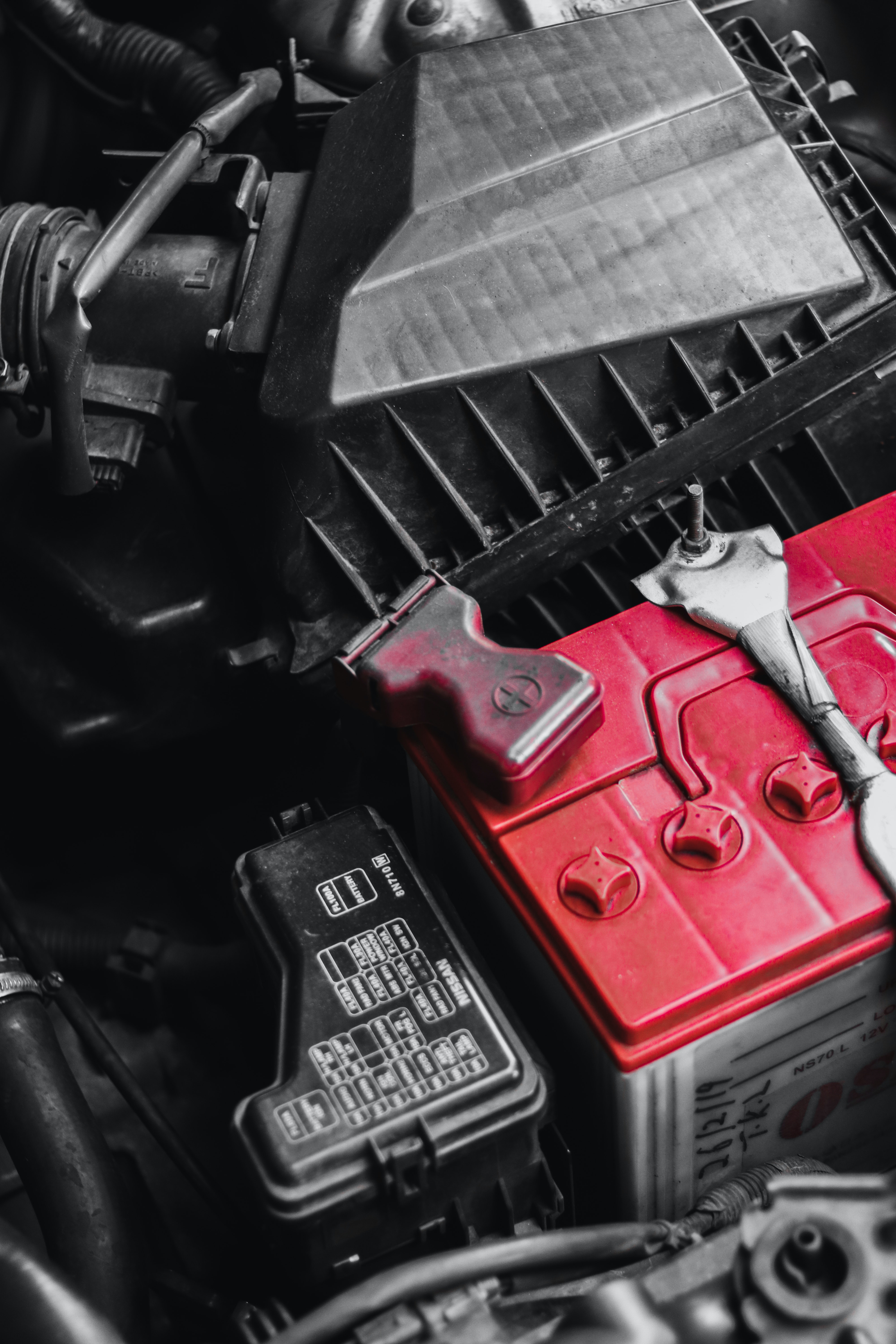Tags :
Automotive Batteries Conventional Lead-Acid vs Lithium-ion Batteries
June 3, 2023

Automotive batteries play a vital role in powering various electrical systems in vehicles. Traditionally, vehicles have relied on conventional lead-acid batteries, while the rise of electric vehicles (EVs) has introduced lithium-ion batteries as a promising alternative. In this article, we will compare the old generation lead-acid batteries with lithium-ion batteries used in EVs, exploring their advantages, disadvantages, efficiency, and shortcomings.
- Conventional Lead-Acid Batteries: Lead-acid batteries have been the standard choice for automotive applications for several decades. They are known for their reliability and low cost. Key features of lead-acid batteries include:
Advantages: a) Cost: Lead-acid batteries are relatively inexpensive compared to lithium-ion batteries, making them an attractive option for traditional vehicles. b) Availability: Lead-acid batteries are widely available and can be easily sourced or replaced. c) Starting Power: Lead-acid batteries provide high initial current, making them suitable for starting the engine in conventional vehicles. d) Durability: They can withstand harsh environmental conditions and temperature variations.
Disadvantages: a) Limited Capacity: Lead-acid batteries have lower energy density and shorter lifespan compared to lithium-ion batteries. This results in limited driving range and frequent replacements. b) Maintenance: They require regular maintenance, including electrolyte level checks and occasional cleaning. c) Weight: Lead-acid batteries are heavy, which can affect overall vehicle weight and fuel efficiency. d) Environmental Impact: Lead-acid batteries contain hazardous materials, such as lead and sulfuric acid, which can be harmful if not properly disposed of.
- Lithium-Ion Batteries: Lithium-ion batteries have gained significant attention due to their use in electric vehicles. They offer several advantages over conventional lead-acid batteries:
Advantages: a) Higher Energy Density: Lithium-ion batteries have a much higher energy density, allowing them to store more power in a smaller and lighter package. This translates to longer driving ranges for electric vehicles. b) Longer Lifespan: Lithium-ion batteries have a longer life cycle, reducing the need for frequent replacements and improving overall cost-effectiveness. c) Fast Charging: They can be charged at a faster rate compared to lead-acid batteries, enabling quicker refueling for EVs. d) Environmental Friendliness: Lithium-ion batteries are considered more environmentally friendly as they do not contain toxic materials like lead and have a higher recyclability potential.
Disadvantages: a) Cost: Lithium-ion batteries are more expensive than lead-acid batteries, contributing to the higher price of electric vehicles. b) Complex Manufacturing: The production of lithium-ion batteries involves more intricate processes and requires rare earth materials, leading to potential supply chain challenges. c) Thermal Runaway: Lithium-ion batteries are prone to thermal runaway, which can result in fire or explosion if not properly managed or protected. d) Limited Lifespan: Although lithium-ion batteries have a longer lifespan compared to lead-acid batteries, their performance gradually degrades over time, leading to reduced capacity and range.
Conclusion: Both conventional lead-acid batteries and lithium-ion batteries have their respective advantages and disadvantages. Lead-acid batteries remain a cost-effective and reliable choice for traditional vehicles, while lithium-ion batteries excel in providing higher energy density, longer lifespan, and environmental benefits for electric vehicles. As technology advances, efforts are being made to improve the efficiency and overcome the limitations of both types of batteries, leading to a more sustainable and reliable future for automotive energy storage.
Technology Automotive
Share This :
Recent Post
Have Any Question?
If you have any questions or need further information regarding the content of my blog, I am here to help! Feel free to ask anything related to the topics discussed or seek clarification on any points that may require further elaboration. Your curiosity and engagement are highly valued, and I’ll do my best to provide prompt and informative responses. Don’t hesitate to reach out and make this blog an interactive space where we can exchange ideas and knowledge. Your questions are always welcome, so let’s dive deeper into the subject matter together!
Call Us
202-503-7199
240-413-3677
240-582-6827
Car audio, window tinting, alarm installation, remote start, key and computer programming, ADAS calibration, and electrical problem repairs. We guarantee high-quality workmanship and exceptional customer service. Call us now, and let’s upgrade your car together!

Give Us A Call
(240) 582-6827

Send Us A Message
lebronscaraudio@gmail.com
Lebron's Car Audio & Security
Follow Us on Social Media for More Information, Project Views, and Updates.
Quick Links
- Privacy Policy
- Terms and Conditions
- Support
Contact Info
News Letter
A newsletter about our website for car audio, security, and programming would be a great way to keep our customers informed and engaged. It could include updates on new products and services, promotions, and helpful tips and advice for car owners looking to upgrade their audio or security systems.
Accounting Firm Themes by Jegstudio
Copyright © 2022. All rights reserved.

